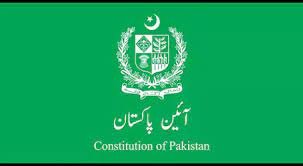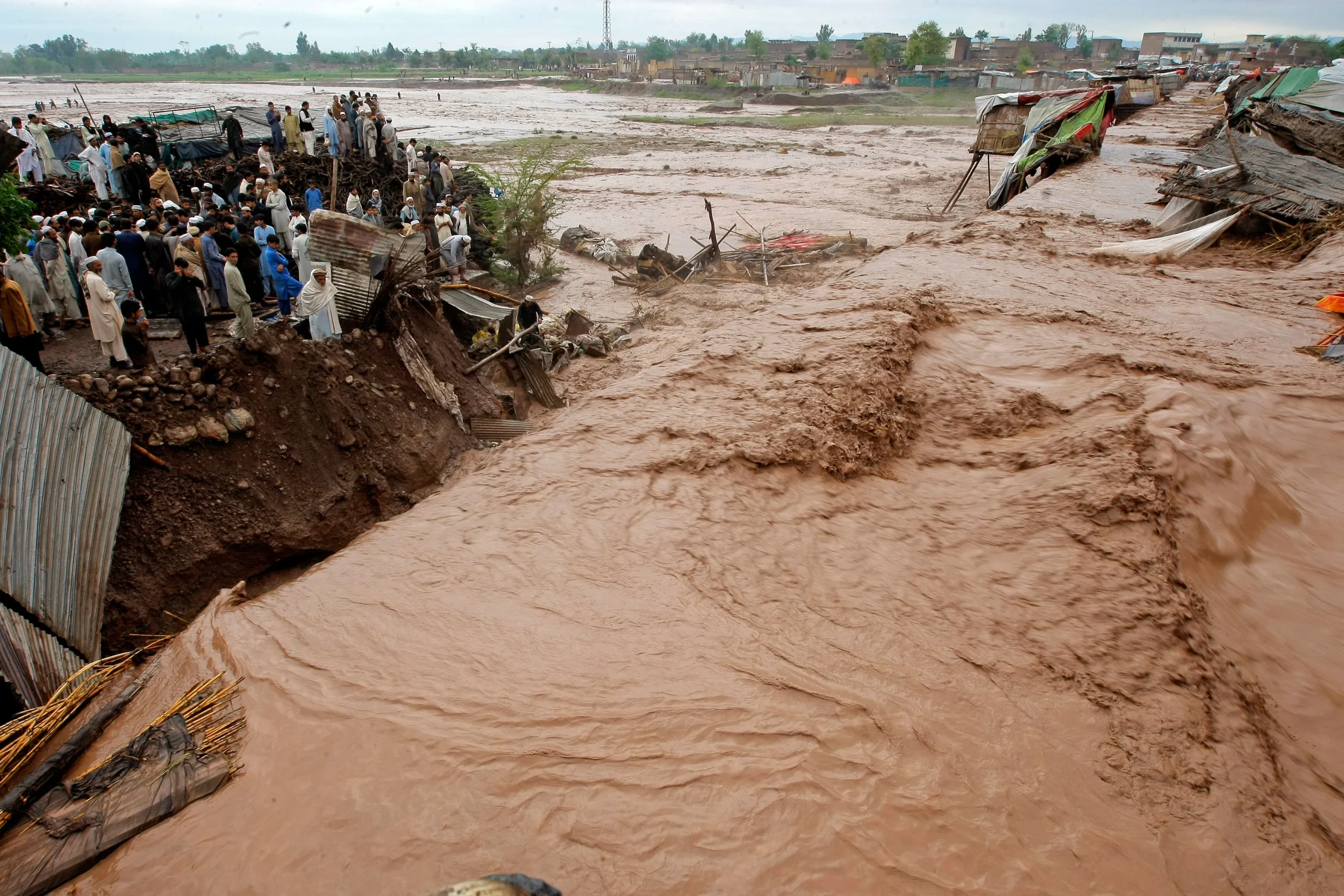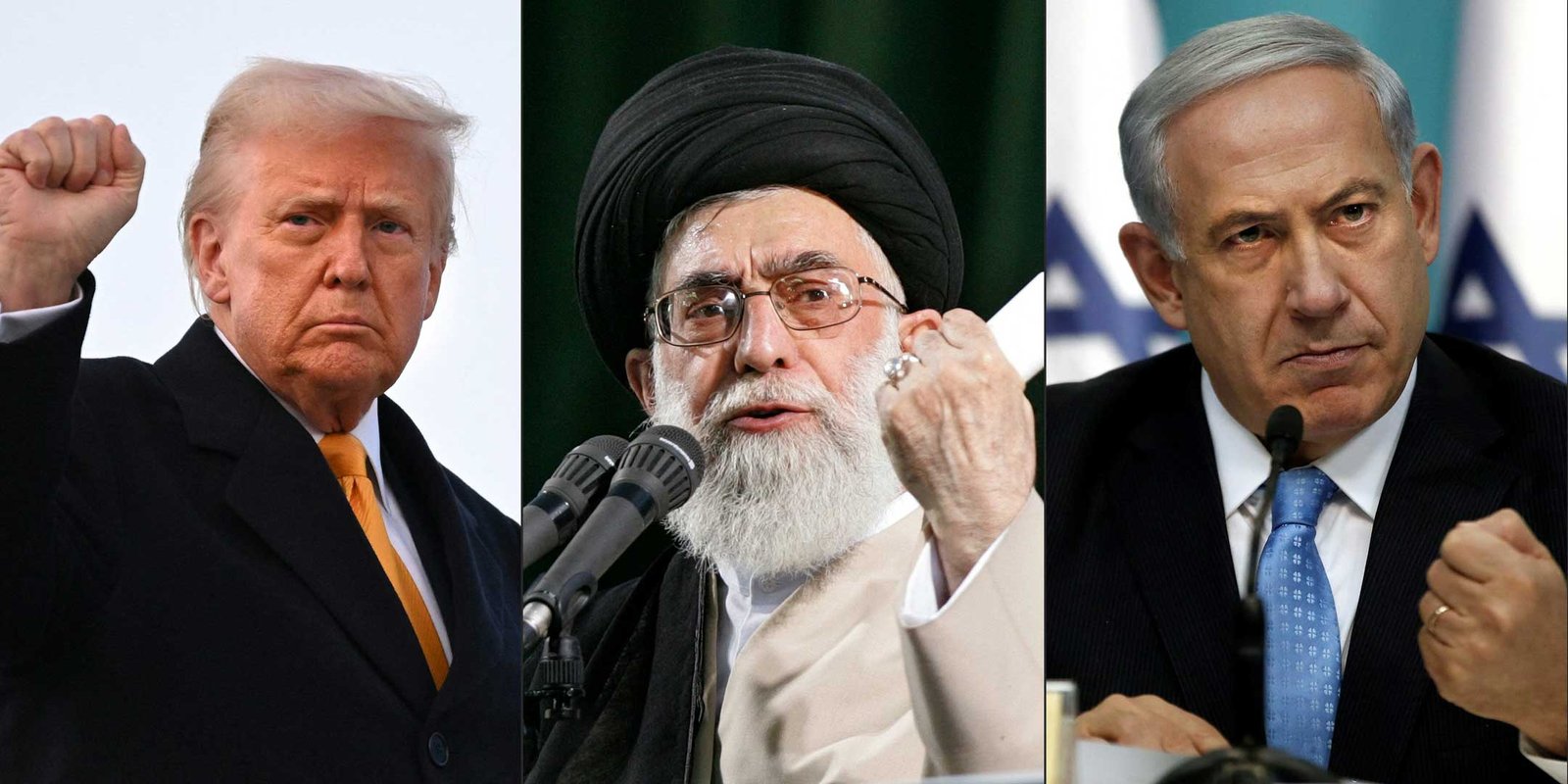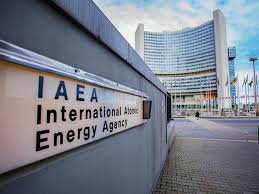Editorial
In the wake of the tragic Pahalgam attack in Occupied Kashmir, India had a choice — to lead with diplomacy and restraint, or descend into jingoism. Disappointingly, much of its mainstream media and public discourse took the latter path. Within minutes of the incident, social media and TV screens were ablaze with unverified claims and provocative rhetoric, targeting Pakistan without evidence and sidestepping the basic principles of responsible journalism.
By 3:05pm — mere minutes after the attack — Pakistan was already being blamed online. By 3:25pm, hashtags calling for retaliation were trending. Indian news networks, particularly Republic TV, quickly transformed studios into echo chambers of war cries. Major General (r) G.D. Bakshi’s vulgar appeal to masculinity and calls to “take back PoK” were broadcast without challenge, as if incitement were a patriotic act.
Other channels followed suit. Times Now aired demands for direct military strikes on Pakistan, while India TV confidently named supposed masterminds without a shred of verified evidence. Aaj Tak aired unproven allegations about Pakistani intelligence and even invoked linguistic profiling — citing that one attacker may have spoken Pashto — to justify its narrative.
What should have been a moment for sober analysis turned into a free-for-all of hyper-nationalism. Headlines like “It’s Time To Settle This” and hashtags like “#WeWantRevenge” replaced facts with fury. This isn’t journalism — it’s theatre, designed to inflame, not inform.
Such behavior not only fuels hatred but weakens India’s moral standing globally. When facts are sacrificed for fervor, the public loses trust — and peace loses ground. India’s media must ask itself: is it seeking truth, or just ratings?
In a region already on edge, restraint is not a weakness — it’s a responsibility.

















